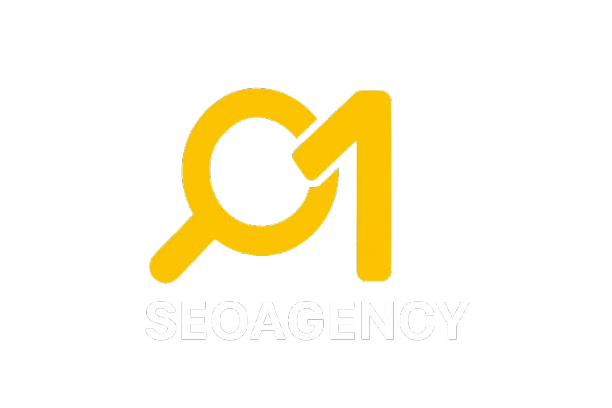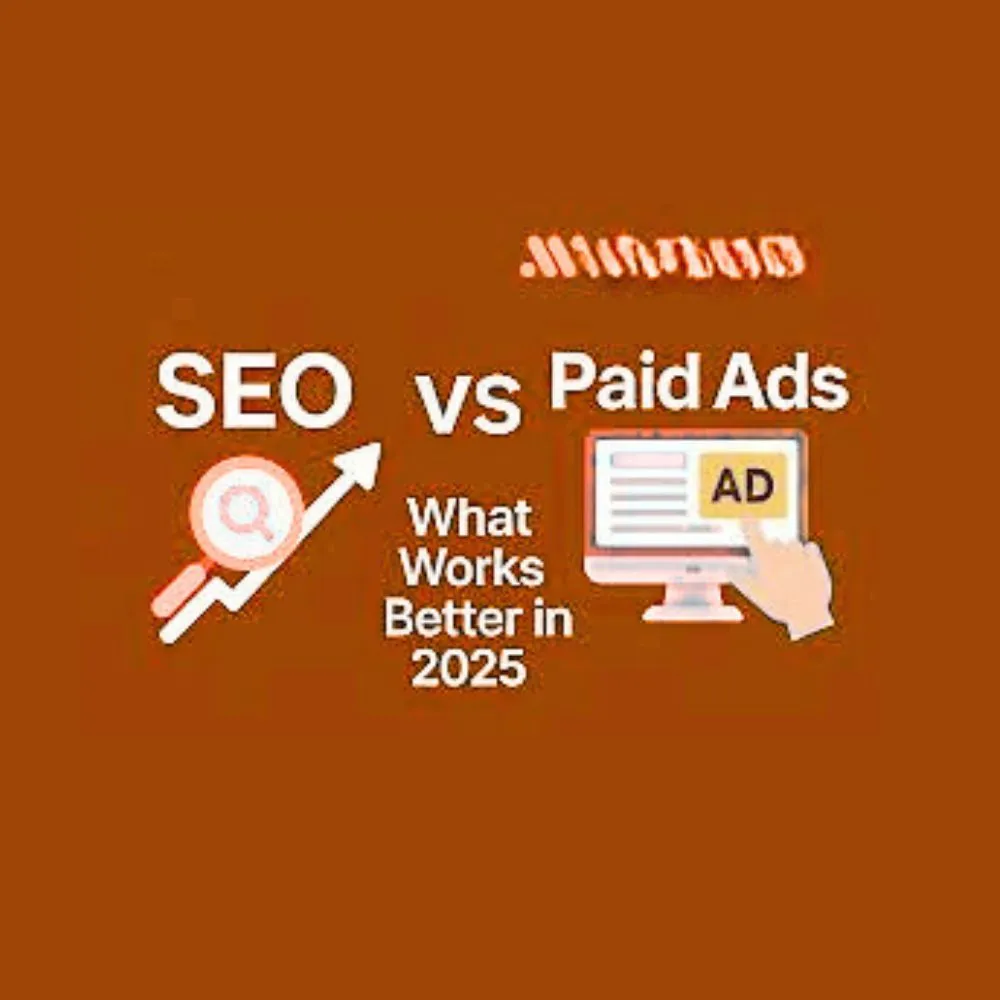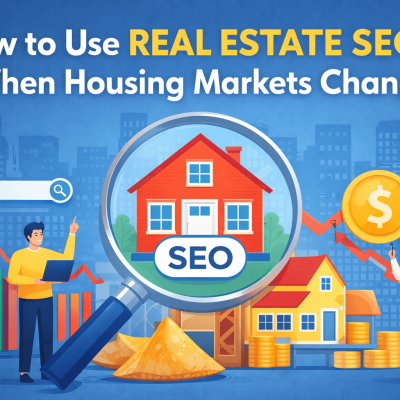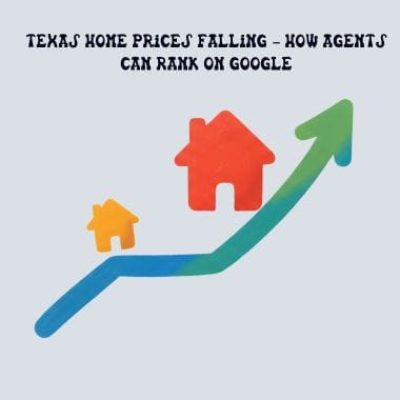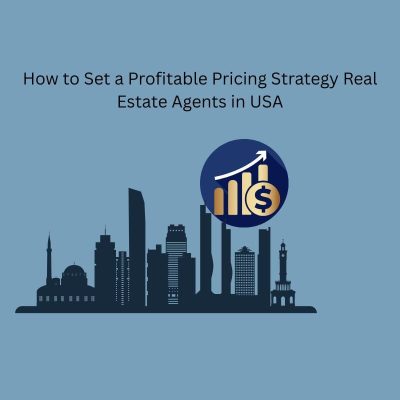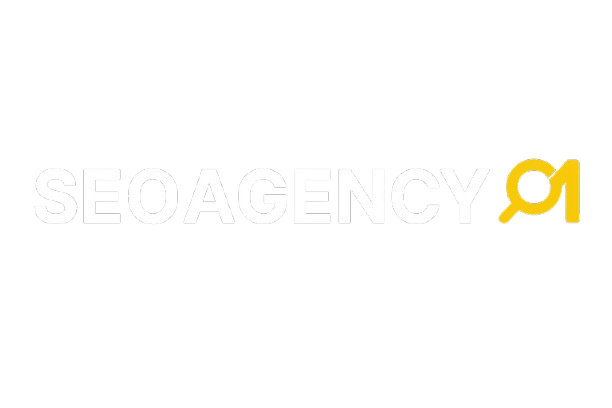Many real estate agents find that a significant portion of their marketing budget is spent on leads that fail to convert into clients.
In 2025, the main challenge is not just generating volume.
The ultimate goal is to attract qualified leads from individuals who are genuinely ready to buy or sell.
This is where the strategic choice between two primary online methods becomes essential.
Partnering with a specialized firm like SEO Agency 1 USA can provide the clarity and expertise needed to navigate this critical decision.
Understanding the distinction between them is the first step toward a more effective marketing plan

- SEO (Search Engine Optimization) is a long-term strategy focused on optimizing your website to earn organic, unpaid traffic from search engines like Google.
- Paid Ads involve paying for immediate placement at the top of search results, promoting your listings or services to a targeted audience.
While both strategies enhance your brand’s visibility, they operate on fundamentally different principles and timelines.
The following breakdown will help you determine the right approach for your business goals.
What Is SEO for Real Estate? (The Long-Term Foundation)
Search Engine Optimization (SEO) is the process of optimizing your real estate website to rank higher in Google’s search results.
It’s a powerful, long-term strategy designed to attract qualified visitors people actively searching to buy or sell a home in your area.
Effective SEO generates consistent, free traffic from potential clients who are ready to take action.
Mastering Local SEO: How to Get Found in Your Market
For real estate agents, Local SEO is the cornerstone of online visibility.
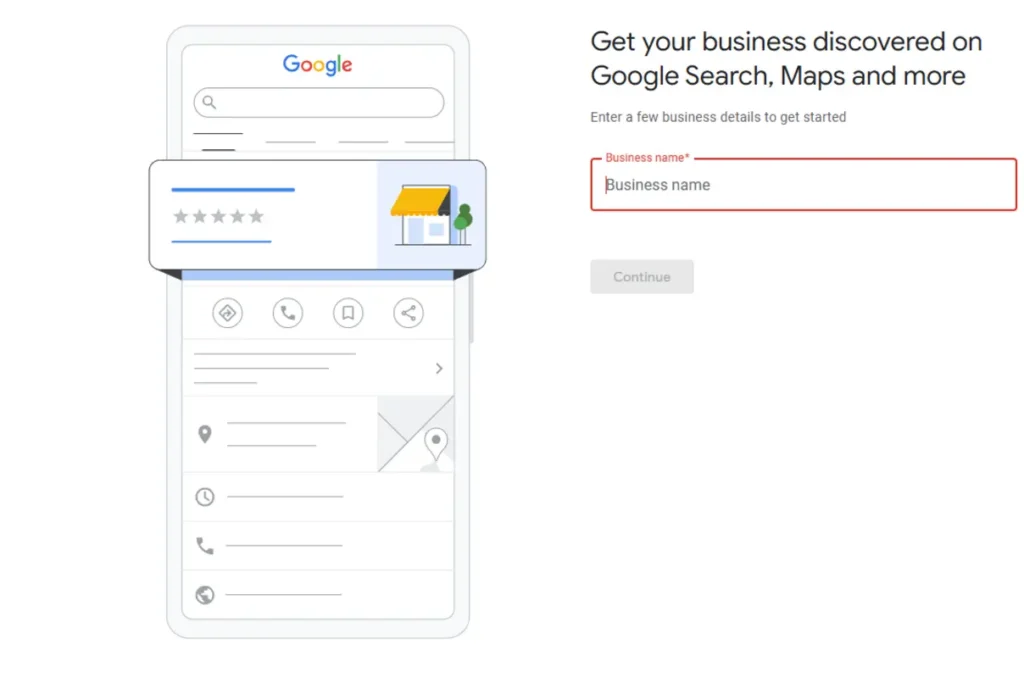
It ensures your business appears when people search for terms like “realtor near me” or “homes for sale in [your city].”
The primary goal is to rank prominently in Google’s “Local Pack” (the map results). Here’s how to build a strong local presence:
- Claim and Optimize Your Google Business Profile: This is your free listing on Google that displays your contact information, photos, and reviews directly in search results.
- Ensure your name, address, and phone number (NAP) are accurate and up-to-date.
- Ensure Consistency on Major Portals: List your profile on key real estate websites like Zillow, and Trulia.
- Consistent information across these platforms helps Google verify your business’s legitimacy and improves your local ranking.
- Actively Manage Online Reviews: Encourage satisfied clients to leave positive reviews on your Google Business Profile.
- A strong collection of genuine reviews builds social proof with potential clients and is a direct ranking signal for Google.
Building Trust with Google: A Guide to E-E-A-T
Google’s goal is to deliver the most helpful and reliable information to its users.
To assess quality, it uses a framework known as E-E-A-T (Experience, Expertise, Authoritativeness, and Trustworthiness).
For real estate professionals, this means demonstrating you are a credible local expert. You can build E-E-A-T by:
- Demonstrating Experience: Create in-depth content like neighborhood guides or market updates that showcase your firsthand knowledge of the communities you serve.
- Establishing Expertise:
- Develop content that answers common client questions, such as “A First-Time Homebuyer’s Checklist” or “How to Maximize Your Home’s Sale Price.”
- Building Trustworthiness: Feature authentic client testimonials and highlight your professional credentials on your website.
- Positive reviews are a powerful signal to Google that you are a trusted agent.
What Are Paid Ads in Real Estate? (The Instant Impact Tool)
Paid advertising is a powerful way to boost your real estate business’s online visibility fast. For details on PPC’s evolution, read our full analysis.
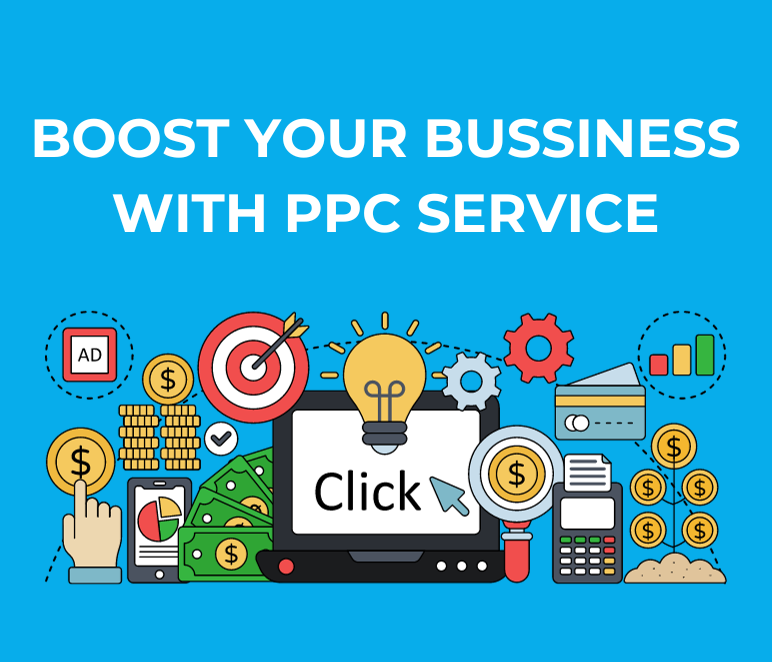
By paying to feature your ads at the top of search engine results or within social media feeds, you can immediately connect with potential clients who are actively looking to buy or sell.
Google Ads: Reaching Active Buyers
Google Ads place your business directly in front of people at the moment they are searching.
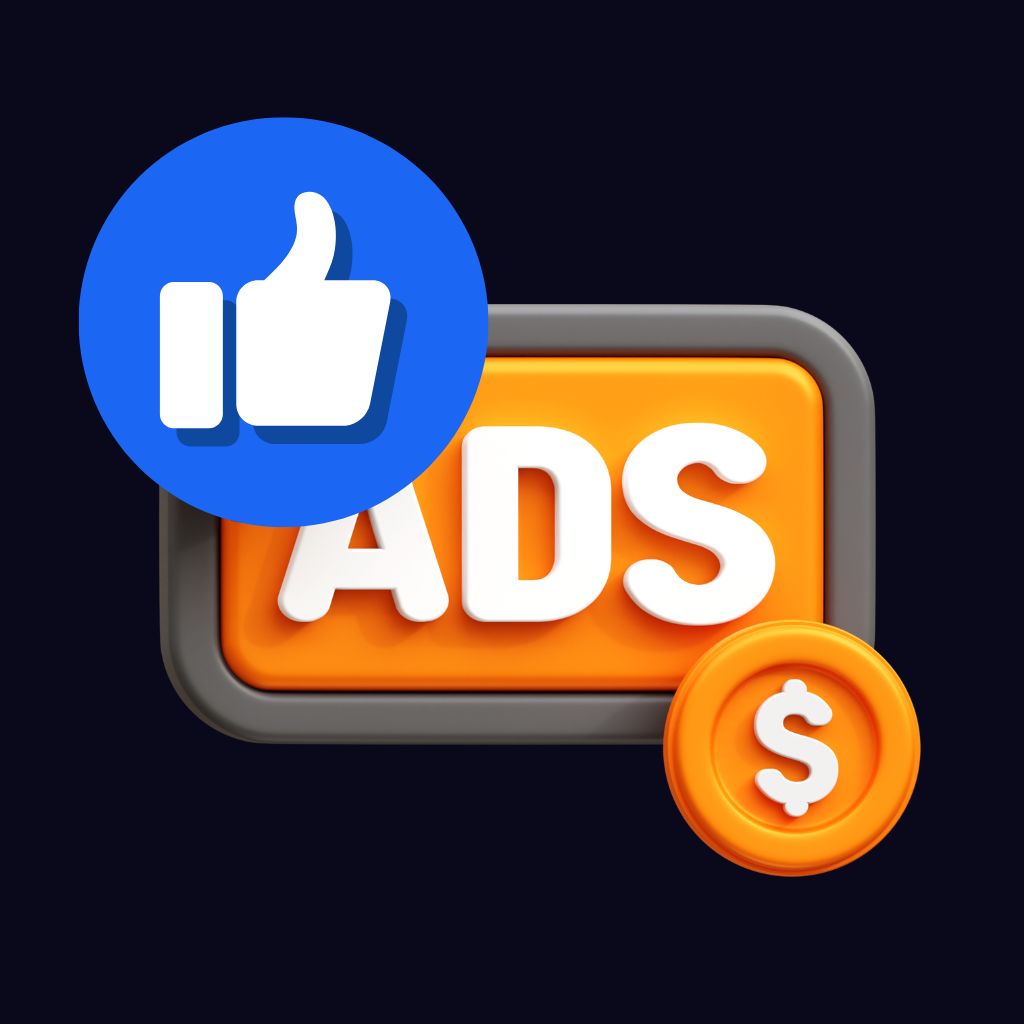
For example, when someone types “homes for sale in [Your City]” into Google, your ad can appear above the regular listings.
- High-Intent Audience: This targets users who are already in the market, making them highly qualified leads.
- Keyword Targeting: You select specific search terms, such as “3-bedroom condo downtown,” to match your services with what buyers are seeking.
- Clear Call-to-Action: Effective ads direct users to a tailored landing page with relevant listings or a simple contact form.
Facebook & Instagram Ads: Connecting with Local Sellers
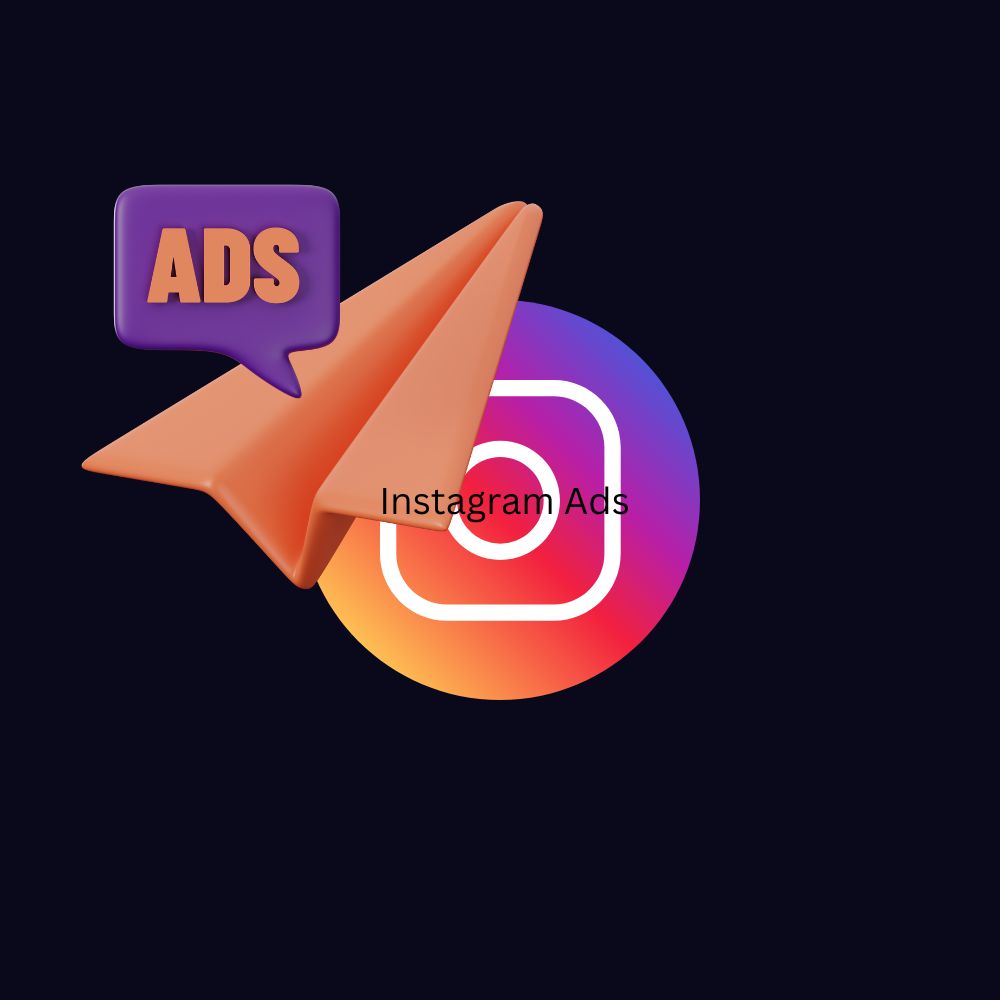
Social media ads on platforms like Facebook and Instagram are ideal for building brand awareness and attracting potential sellers in your area.
You can target audiences based on location, interests, and demographics such as homeowners in a specific neighborhood.
- Visual Appeal: Showcase high-quality photos and videos of your recent sales to capture attention.
- Precise Targeting: Reach people by age, location, and even behaviors, like an interest in home improvement.
- Lead Generation: Attract sellers by offering a free home valuation report, making it easy for them to provide their contact information.
SEO vs. Paid Ads: Choosing the Right Strategy
The choice between Search Engine Optimization (SEO) and paid ads depends on your primary goals: immediate results or sustainable, longterm growth.
- Cost: Investment vs. Ongoing Expense
Paid ads require a continuous budget; you pay for clicks, and traffic stops when funding does. SEO is a long-term investment. - While it demands an initial investment of time or resources, the organic traffic it generates over time is more sustainable.
- Speed: Immediate vs. Gradual Result
Paid ads can generate clicks and leads within hours of launching a campaign. - SEO is a long-term strategy that often takes months of consistent effort to achieve high search rankings.
- For immediate lead generation, paid ads are the optimal choice.
- Perceived Trust: Organic vs. Paid
Some users perceive top organic search results as more credible than paid advertisements, associating them with authority and quality. - However, a professional and informative paid ad can still effectively build trust.
- Ownership: Building an Asset vs. Renting Space
SEO builds a valuable asset your website’s organic ranking. - You own that visibility. With paid ads, you are essentially renting a top spot for only as long as your campaign is active.
- This distinction is crucial for long-term planning.
Use paid ads for quick wins and immediate visibility while developing your SEO to ensure steady, long-term growth.

What Real Estate Agents Fear the Most
Many real estate agents share a common anxiety: their marketing efforts are inefficient.
They need strategies that deliver results quickly without draining their budget. The core challenges are clear: the fear of wasting money on ineffective ads and the frustration of waiting months for SEO to work.
Challenge 1: Wasting Your Budget on Ineffective Ads
Throwing money at broad, untargeted ads is a recipe for disappointment. The solution is precision.
By focusing your online advertising on specific neighborhoods and demographics, you ensure your budget attracts genuinely interested buyers.
Actionable Strategies:
- Embrace Hyper-Local Targeting: Serve a particular suburb or community? Target your ads exclusively there.
- Set and Control Your Budget: Determine a fixed monthly spend to prevent overspending.
- You only pay when potential clients click.
- Track Meaningful Engagement: Monitor phone calls and contact form submissions generated by your ads to measure true return on investment.

Challenge 2: The Long Wait for SEO Results
Search Engine Optimization (SEO) is essential for long-term growth, establishing you as the local expert when people search for “homes for sale in [Your City].”
While its full potential takes time to develop, you don’t have to wait months for signs of life.
A Realistic Timeline:
- Short-Term Wins: You can rank for your own name or brokerage within weeks.
- Sustainable Growth: For competitive local terms, expect a 4 to 6-month period of consistent effort to see a significant increase in qualified leads.
The Balanced Approach: Short-Term Wins and Long-Term Growth
The most effective strategy combines immediate-action and future-focused tactics. Think of it as harvesting leads today while planting seeds for a steady stream of business tomorrow.
For example, use a targeted PPC campaign to sell a specific property quickly, while your SEO strategy builds your reputation as the area expert.
Real-World Success Stories
Case Study: Building Authority with Local SEO
Agent Maria focused her efforts on becoming the top resource for a single town.
She created blog posts answering common questions about local schools, market trends, and community events.
Within five months, her website became a leading destination for homebuyers.
- Result: She doubled her buyer leads without increasing her ad spend.
- Key Insight: Providing genuine value to the community directly translates into qualified leads.
Case Study: Generating Immediate Action with PPC
Agent John needed to sell a unique property quickly.
He launched a Google Ads campaign targeting buyers specifically searching for that home’s architectural style.
The ad drove highly motivated traffic directly to the listing.
- Result: He secured three showings in the first week and received a competitive offer shortly after.
- Key Insight: Highly specific ads for specific properties attract serious, ready-to-act buyers.
How SEO Helps Grow Your Real Estate Business
Search Engine Optimization (SEO) is a long-term strategy to help people in your area find your website when they search online.
Instead of paying for placement, you earn it by creating a valuable, relevant online presence.
1. Become the Go-To Agent in Your Area
When your site consistently appears at the top of search results for phrases like “homes for sale in [Your City],” you build name recognition and trust.
This regular visibility establishes you as the local expert people naturally turn to.
2. Attract Ready-to-Act Buyers and Sellers
An optimized website draws in people who are actively searching.
This means the leads you generate are often further along in their decision-making process. You can attract both sides of the transaction with targeted content:
- For Buyers: Create articles like “A First-Time Homebuyer’s Guide to [Your City].”
- For Sellers: Write a useful guide on “5 Projects to Boost Your Home’s Value Before Listing.”
3. Rely Less on Costly Advertising
SEO drives visitors directly to your website. This reduces your dependence on paying for ads on other platforms.
Over time, this organic traffic can significantly lower your marketing costs and create a more stable source of leads.
Paid Ads for Real Estate Agents
When to Use Paid Ads for Faster Results
Paid advertising, like Google Ads or social media promotions, is your tool for speed.

It lets you instantly place your message in front of a targeted audience.
1. Jumpstart a New Business
If you’re just launching your career, your website might not get much traffic initially.
Paid ads provide an immediate boost, putting your name in front of potential clients quickly.
This helps you build your first list of contacts while you develop your long-term SEO strategy.
2. Highlight Time-Sensitive Listings
Paid ads are ideal for urgent promotions. If you have a hot new listing or a seasonal open house event, ads can generate a surge of attention immediately, ensuring your time-critical message gets seen.
3. Stand Out in Competitive Markets
In sought-after neighborhoods or for high-end properties, online competition is intense.
Paid ads guarantee your listing appears above the organic search results, giving you a crucial edge in visibility from day one.
The Winning Hybrid Strategy in 2025
For real estate agents, the most effective approach to lead generation in 2025 involves integrating Search Engine Optimization (SEO) and paid advertising (PPC).
This hybrid strategy balances immediate visibility with sustainable, long-term growth.
The Synergy of SEO and Paid Ads
Combining these methods ensures comprehensive online coverage.
Paid ads provide instant top-of-page placement, ideal for promoting new listings or targeting competitive keywords.
Simultaneously, SEO builds your website’s organic ranking over time, establishing enduring online authority.
- Paid Ads (PPC): Deliver immediate results for time-sensitive campaigns.
- SEO: Creates a foundation of lasting credibility and trust.
When potential clients see both your ad and your website ranking organically, it reinforces your brand’s credibility and market presence.
Using PPC to Inform SEO
Paid campaigns are excellent for testing keyword effectiveness.
By running small-scale ads for terms like “condos in [Your City],” you can gather data on what resonates with home buyers before committing resources to long-form SEO content.
This data-driven approach optimizes your content strategy.
Key Strategic Mistakes to Avoid
A successful online presence requires avoiding these common pitfalls:
1. Relying Solely on Paid Ads
While PPC offers instant visibility, it stops generating leads the moment funding stops.
A balanced strategy mitigates this risk.
2. Creating SEO Content Without Keyword Research
Publishing content without research is inefficient.
Your SEO efforts must target the specific phrases your audience uses.
- Actionable Tip: Utilize tools like Google Keyword Planner to identify high-volume local searches, such as “affordable family homes in [Neighborhood Name].”
3. Overlooking Voice Search and Mobile Optimization
Search habits are evolving. Optimize for natural language queries used in voice search (e.g., “Find open houses near me this weekend”).
Additionally, a fast, mobile-friendly website is non negotiable, as a poor mobile experience will directly cost you leads.
4. Failing to Track Campaign Performance
Without tracking, you cannot measure return on investment.
Use analytics tools like Google Analytics to identify which channels be it paid ads or organic blog posts are generating leads.
This data is essential for allocating your marketing budget effectively.
Is SEO cheaper than paid ads for real estate?
Yes, in the long run. While SEO requires an ongoing investment, the organic traffic you earn is essentially free. You pay for expertise and content, not per click.
Once you rank for terms like “homes in [your city],” the leads can come for months without extra ad spend.
How long does SEO take for property websites?
Typically 6 to 12 months to see significant results. SEO is a long-term strategy.
Google needs time to find and trust your website as an authority.
It’s not instant, but the leads generated are often more qualified and cost less over time compared to quick ad clicks.
Do paid ads bring real buyers or just clicks?
Paid ads can bring real buyers instantly. The key is targeting. A well-structured ad campaign targeting high-intent keywords like “buy a house in [neighborhood]” reaches people actively searching. Using lead forms on platforms like Facebook also helps filter for serious inquiries.
Can I run both SEO and paid ads together?
Absolutely! This is a powerful combination. Use paid ads for immediate visibility for specific listings or promotions. Simultaneously, build your SEO foundation for long-term, sustainable growth. They work together to maximize your online presence and cover both short and long-term lead generation.
Which works better for local real estate leads?
Both are effective, but SEO is often more sustainable for local dominance.
By optimizing your site for “real estate agent in [your town],” you appear in local pack results.
A study by BrightLocal shows 97% of people looked online for a local service, making local SEO essential.
Is SEO still worth it in 2025?
Yes, more than ever. As people become ad-blind, they trust organic search results.
Google’s algorithms increasingly favor high-quality, helpful content exactly what builds trust with potential clients.
SEO is the foundation of a durable online presence that adapts to future changes.
Does SEO work for real estate?
It works exceptionally well. Real estate is inherently local and search-driven.
People constantly search for homes, market updates, and neighborhood advice.
By creating valuable content around these topics, you attract highly motivated buyers and sellers directly to your website, building authority and trust.
What’s the best source for real estate leads?
There is no single “best” source. A mix is strongest: personal referrals (the gold standard), your website’s SEO, and targeted paid ads.
For example, a Zillow study notes that over 70% of sellers end up with the first agent they contact, highlighting the need for strong online visibility.
How to get free leads in real estate?
Focus on activities that build organic reach.
This includes creating helpful neighborhood guides on your blog, being active on local community social media groups, and building a network for referrals.
These methods cost time but not money, and they establish you as the local expert.
How do I qualify a real estate lead quickly?
Ask key questions about their timeline, motivation, and financial preparedness.
For example, “Are you already working with a lender?” or “What is your ideal moving date?” A lead needing to sell in 30 days is far hotter than someone just browsing with no set plan.
How to get more real estate clients?
Go beyond just listing homes. Provide exceptional value. Host a first-time homebuyer seminar, create a video series on market trends, or send a monthly neighborhood market report.
By becoming a trusted resource, clients will naturally choose you when they are ready to buy or sell.
Conclusion:
In 2025, the smartest real estate lead strategy balances both SEO and paid ads.
SEO builds lasting, cost-effective authority for steady leads, while paid ads offer instant visibility.
For example, mastering local SEO can keep you top-of-mind, as most homebuyers start searches online. To dive deeper, explore these proven SEO secrets for real estate agents or commercial real estate SEO services.
If you’re not showing up in searches, these quick fixes for Google visibility can help. For targeted traffic, use essential keywords for property management.
Start optimizing now to attract more clients with less effort!
SEO for Real Estate Agents: A Simple Guide to Getting Found Online
Tired of paying for every single lead? SEO can help. It makes your website visible to local buyers and sellers. Done right, it brings leads for years and supports your paid ads.
At SEOAgency1, we help real estate agents get found online and turn searchers into clients with strategies that save money and generate predictable results.
Why SEO Matters for Real Estate Agents
SEO builds lasting visibility. Paid ads stop when you stop paying, but a good website works 24/7.
Benefits of SEO
- Attracts clients who are already informed.
- Builds trust before a call or meeting.
- Creates a long-term digital asset for your business.
Think of it as digital curb appeal—your website works like a 24/7 agent.
Getting Started with Real Estate SEO
Starting SEO is easier than you think. Focus on these three key steps:
1. Claim and Complete Your Google Business Profile
- Add accurate details.
- Include high-quality photos of listings and neighborhoods.
- Request reviews from satisfied clients.
2. Research Local Keywords
- Use terms your clients actually search for.
- Examples:
- “First-time homebuyer tips [Your City]”
- “Best neighborhoods for families in [Town]”
3. Create Helpful ‘Location’ Pages
- Make a dedicated page for each area you serve.
- Add genuine local insights—not just listings.
💡 Pro Tip: At SEOAgency1, we guide agents through these steps for faster local visibility.
Choosing the Right Keywords
Keywords are phrases people type into Google. Avoid general terms like “Phoenix real estate”—you won’t outrank big portals.
Focus on Long-Tail Keywords
- “Townhomes for sale in Downtown Austin” – better than “Austin real estate.”
- “Selling a historic home in Charleston” – better than “sell house Charleston.”
Tools to Find Keywords
- Google’s “People also ask”
- Ubersuggest
Goal: Be the best answer for a specific local search.
Creating Content That Attracts Buyers and Sellers
Your website content should solve problems for clients.
Types of Content
1. Market Updates
- Short monthly posts on local real estate stats.
2. Neighborhood Guides
- Details about schools, parks, lifestyle, and local attractions.
3. Process Guides
- Step-by-step articles, e.g., “Home Buying Process in Texas.”
Example: “Moving to Denver: A Guide for Out-of-State Buyers” helps real people and positions you as a local expert.
💡 At SEOAgency1, we create content that ranks on Google and resonates with clients.
The Importance of Local Listings and Reviews
Consistent business info is key. Your Name, Address, Phone (NAP) must match across all platforms.
Why Reviews Matter
- Encourage 5-star reviews from satisfied clients.
- Respond to all reviews to show engagement.
- Positive reviews improve local search visibility.
Tools like Moz Local help check your listings.
Measuring SEO Success
You can’t improve what you don’t measure. Track these simple metrics:
Key Metrics
- Organic Traffic: Are more people visiting your site from Google?
- Keyword Rankings: Are you on the first page for local searches?
- Contact Form Submissions/Calls: Are leads coming in?
Check monthly. Adjust strategies if needed. At SEOAgency1, we monitor your performance to keep results consistent.
Your Next Step for Sustainable Leads
SEO is long-term, but results can start in a few months.
Simple Actions to Start Today
- Fully optimize your Google Business Profile.
- Write one helpful article for your target client.
- Dedicate a few hours weekly to content and local SEO.
Over time, your website becomes a 24/7 lead generation engine, complementing paid ads and providing stability.
✅ SEOAgency1 can create and implement a real estate SEO plan that works—so you spend less on ads and more time closing deals.
